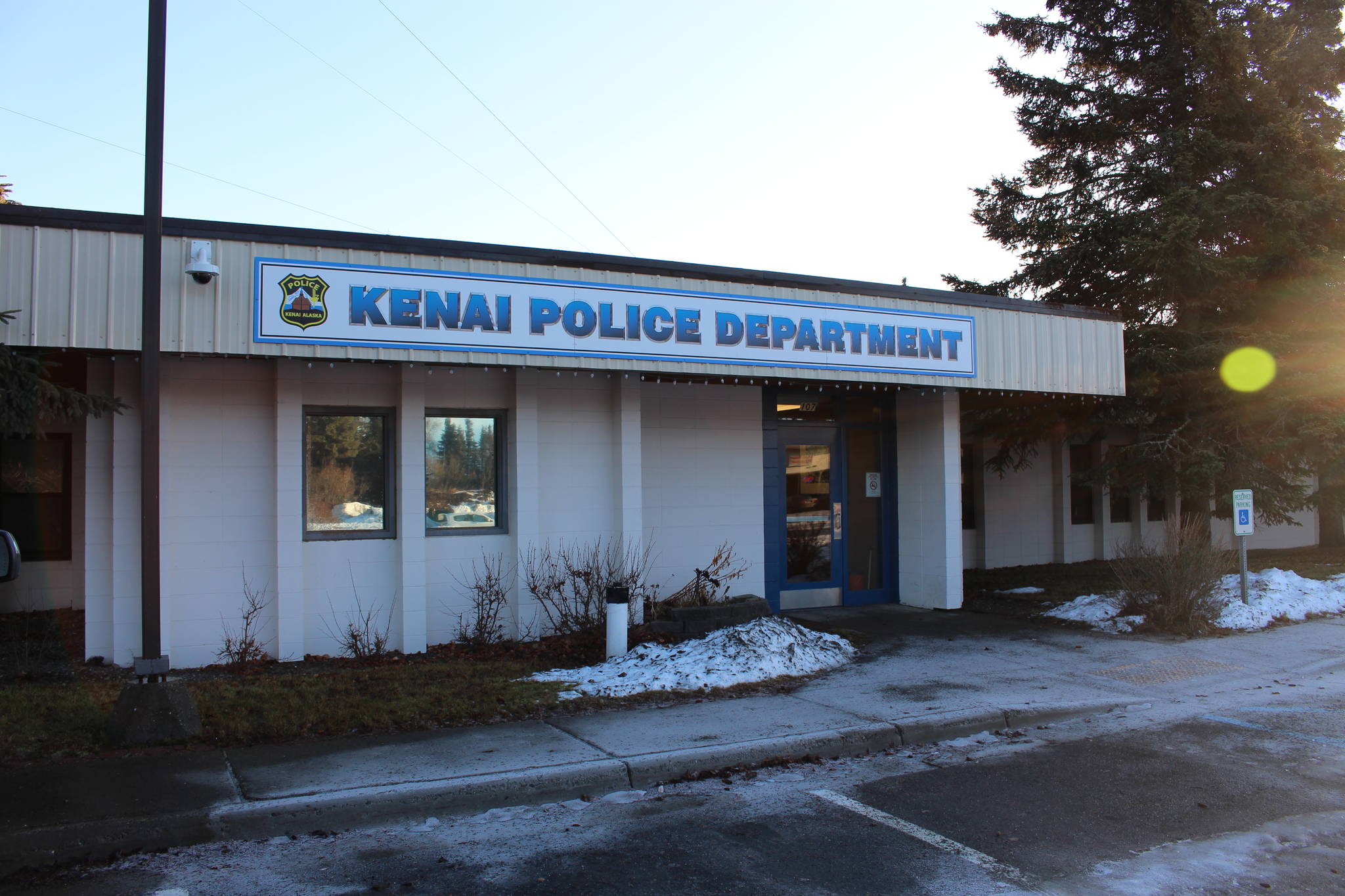The Kenai City Council will be voting next week to authorize additional funds for a Kenai Police Officer’s participation in statewide efforts to crack down on drug trafficking.
Ordinance 3100-2019, introduced by the council on Dec. 4, would increase estimated revenues and appropriations for the city’s General Fund by $4,786.53. That amount represents 79.5 hours of overtime worked by one officer in the department between Oct. 2018 and April 2019, Kenai Police Chief David Ross said on Tuesday.
During that time, an officer with the Kenai Police Department was a member of the regional drug task force for the Southcentral area of Alaska. For that reason, the costs associated with the officer’s involvement and overtime work are paid for through Alaska’s designation as a High Intensity Drug Trafficking Area (HIDTA).
Last year, Alaska became the 29th HIDTA-designated area in the country, which is a designation used by the Drug Enforcement Administration to provide additional federal resources to areas that have been determined to be “critical” drug trafficking regions in the country.
Michael Troster, director of the Alaska HIDTA, said on Tuesday that the designation allows Alaska to receive about $2.5 million per fiscal year that is used to bolster local drug enforcement efforts. Precincts like the Kenai Police Department have to cover their costs associated with drug enforcement upfront and are then reimbursed through the HIDTA program, Troster said. HIDTA-designated areas have to meet the following four criteria in order to receive the federal funding:
1. The area is a significant center of illegal drug production, manufacturing, importation, or distribution;
2. State, local, and tribal law enforcement agencies have committed resources to respond to the drug trafficking problem in the area, thereby indicating a determination to respond aggressively to the problem;
3. Drug-related activities in the area are having a significant harmful impact in the area, and in other areas of the country; and
4. A significant increase in allocation of federal resources is necessary to respond adequately to drug-related activities in the area.
The Kenai Police officer was a member of the regional drug task force until April of this year, when Ross said that a staffing shortage forced the department to pull their officer out of the task force.
Troster said that the HIDTA-designation has led to an increase in drug-related arrests in the state, but warned that higher arrest numbers don’t necessarily translate to less drug-related activity.
“You could arrest 10 people and seize $100,000 worth of illegal drugs, but unless you’ve actually disrupted or dismantled the organization the impact is hard to measure,” Troster said.
For that reason, Troster said that “success” in HIDTA-designated areas is measured by the number of criminal drug operations that have been dismantled or disrupted, as well as the return on investment — how the amount of money spent in an area compares to the value of assets seized in enforcement efforts.
Troster did not have specific numbers on how many operations had been disrupted since Alaska’s HIDTA designation.
The ordinance approving the reimbursed funds will be voted on by Kenai City Council at their next meeting, Dec. 18.

